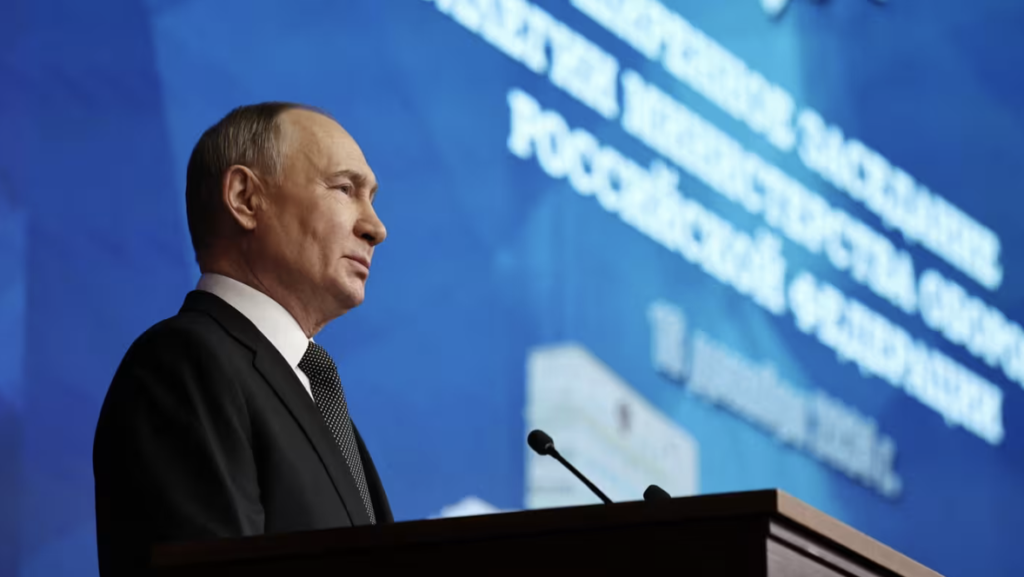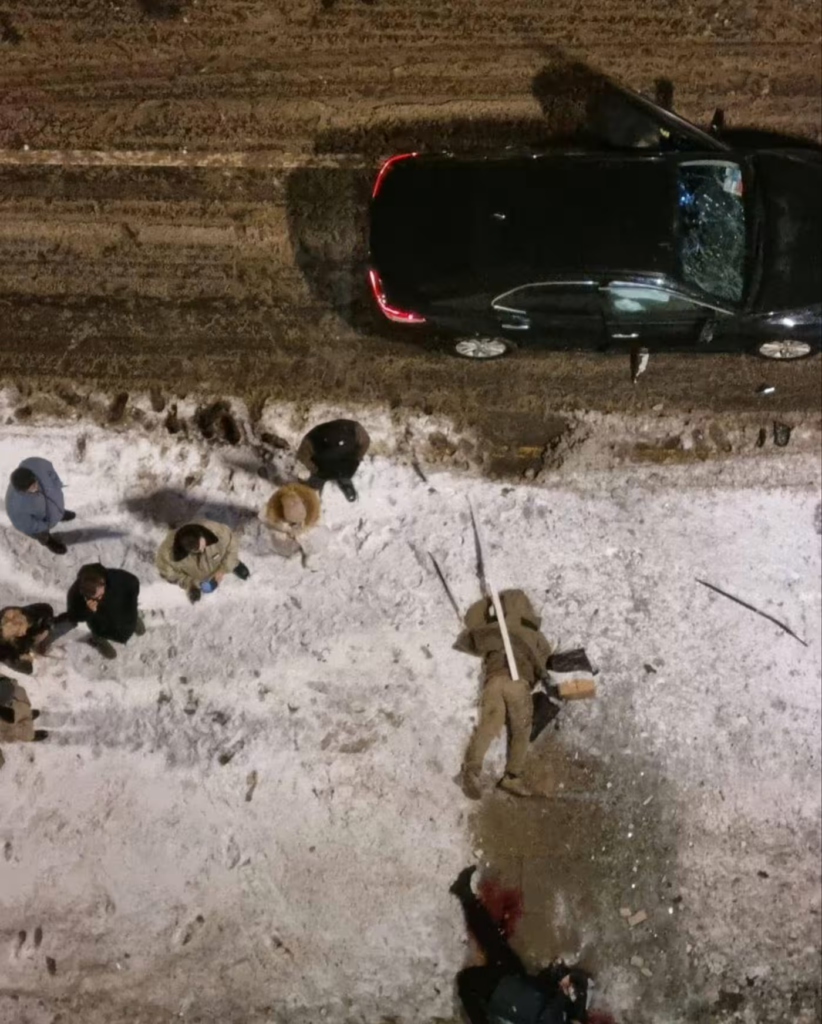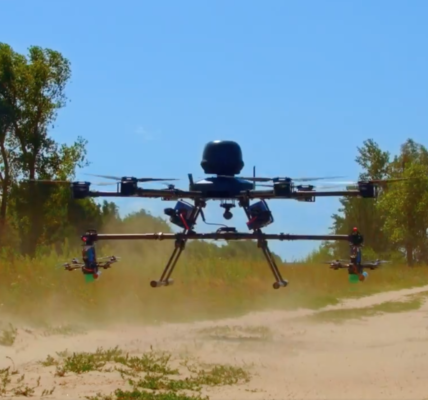Ukraine prepares for a Russian air onslaught after the assassination of a Russian general

Moscow is set to launch a series of “devastating” air attacks against Ukraine in response to the assassination of one of its most senior generals, defence sources have revealed.
President Vladimir Putin will order his forces to carry out one of Russia’s most intensive bombardments against Kyiv and other cities in response to the killing of Lieutenant General Igor Kirillov, the head of Russia’s nuclear, biological, and chemical protection troops.

Defence sources have told National Security News that hospitals, power stations, military complexes, and even schools could be targeted by Russia in the next 24 hours.
The assassination of one of the Kremlin’s most senior generals in Moscow is a huge embarrassment for President Putin and comes just days after the humiliation of the Russian-backed Syrian regime falling to rebel forces.
Kirillov and his assistant died when a bomb detonated outside his home about five miles from the Kremlin, investigators in Moscow said.
He was killed less than 24 hours after Ukraine accused him of ordering the use of chemical weapons against its forces.
A source in Ukraine’s SBU security service told Reuters that its agents had carried out the assassination. The unnamed source said Kyiv considered Kirillov to be a war criminal and described him as an “absolutely legitimate target.”
Images from the scene showed two bodies lying in blood-stained snow outside the badly damaged entrance to an apartment block.

The bomb is believed to have been strapped to a kick scooter that had been left nearby, state media reported. It said the explosion had happened just after 6 am as Kirillov, 54, was being picked up by his assistant at the Sreda housing complex.
One senior defence source told National Security News: “This was an extraordinarily well-planned and well-executed assassination. The message it sends to Moscow is that nowhere is safe for those being targeted by Ukrainian intelligence. But it will come at a cost. This is a huge embarrassment for Putin and he will want payback. So you can expect to see a huge aerial bombardment against Ukraine. But that would have been factored into the cost-benefit analysis of this operation and presumably, whoever signed off on this mission thought it was worth it.”
Kirillov, who was the head of Russia’s nuclear, biological, and chemical protection troops, was accused on Monday by the SBU of ordering almost 5,000 chemical weapon attacks on Ukrainian troops. It said the majority of the cases involved K-1 combat grenades containing the CN and CS toxic irritants.
The bomb that killed him contained up to 300 grams of TNT equivalent, Russian state media said. Both men are said to have died before an ambulance arrived at the scene. The Kremlin has not commented.
Kirillov was also sanctioned by Britain in October for overseeing the “cruel and inhumane” use of chemical weapons in Ukraine and acting as a “significant mouthpiece for Kremlin disinformation, spreading lies to mask Russia’s shameful and dangerous behaviour.”
David Lammy, the foreign secretary, said when announcing the sanctions: “Putin and those who carry out his will have nowhere left to hide.”

Kyiv said earlier this year that Russia’s use of chemical weapons was “systemic” across the entire front. The Organisation for the Prohibition of Chemical Weapons (OPCW) said last month that it had verified the use of CS gas in a grenade that Kyiv said was used against its forces this year.
Russia’s foreign ministry said that Kirillov had “systematically exposed” what it said were attempts by NATO member states to frame Moscow and the Assad regime for the use of chemical weapons. It did not provide evidence for the claims.
Dmitry Medvedev, the former prime minister and president who is now a senior Russian national security official, vowed “inevitable retribution.” The United States warned on Wednesday that Russia could be preparing to target Ukraine again with Oreshnik ballistic missiles. One of the hypersonic missiles slammed into a defence plant in Dnipro, a city in central Ukraine, last month.


































































































































































































































































































